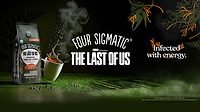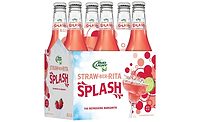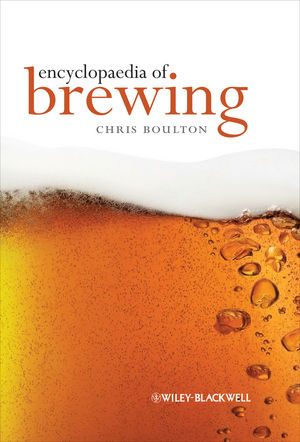Circana report shows consumers’ pursuit of well-being
Hydration, increased energy among trends important to global consumers

Image courtesy of 7-Eleven Inc.
In an effort to live a more balanced lifestyle, I am constantly reading articles and studies on the topic that can support myself as a working parent as well as my children and husband. However, knowing what will work for diverse tastes, ages and needs can be a challenge. Although there’s no one-size-fits-all solution, research shows that consumers are digging into the complexities to support their well-being.
Recently market research firm Circana released its report “Tapping Into the Global Consumer Well-Being Opportunity,” where it identified more than 55 ways consumers pursue their well-being across various sectors.
“The definition of health and wellness is continuously evolving, with a growing emphasis on mental health,” said Sally Lyons Wyatt, global executive vice president and chief adviser at Circana, in a statement. “Beyond working to make sure wellness-focused products and services are accessible and affordable, successful businesses and services will identify their audience and connect with consumers in meaningful ways. Helping consumers become the best, healthiest versions of themselves is good for business.”
Citing Circana’s Health Aspirations & Behavioral Tracking Service, the report notes that consumers consider food and beverage choices, physical exercise, and getting quality sleep as top contributors to health and well-being.
Among the top trends for physical well-being, the report called attention to hydration.
“From the Stanley cup craze to Liquid Death, to WaterTok, consumers are clamoring for ways to consume more water, whether it’s sparkling, still, from a spring or from a tap,” the report states.
Referencing the 2024 New Product Pacesetters report, the global report added that 43% of U.S. consumers seek hydration in beverage to alleviate headaches, fatigue and muscle cramps. Meanwhile, for European countries it points to hydration products that promote a variety of benefits such as low sugar, real fruit as well as fortification through infusions like guarana, manganese, B vitamins, and/or protein.
Perhaps as a sign of hydration beverages in the United States mimicking these more European trends, the beverage market has seen new products with similar attributes.
For instance, NextFoods’ GoodBelly unveiled its Prebiotic Sparkling Water available in three flavors: Mixed Berry, Lemon Lime and Mango Pineapple. Featuring prebiotics from blue agave, the sparkling water provides 3 grams of fiber and zero added sugar (20 calories or less) in every serving, the company notes. The sparkling waters are made with real fruit juice and are Certified Organic, Non-GMO, vegan, gluten-free and Kosher, it says.
Yet, hydration is just one of the ways consumers are supporting their well-being. In terms of the top benefits consumers are seeking from self-care, the report noted that 29% of consumers listed increased energy as a Top 3 benefit. Additionally one in 10 millennials named increased energy as their No. 1 priority.
“Sales growth in CPG products with energy claims is up 16% from a year ago, reaching $16 billion,” the report states. “Fifty percent of the products with energy claims are sold in the convenience channel, where consumers are looking for multifunctional beverages and snacks loaded with ingredients such as prebiotics, apple cider vinegar, electrolytes, B vitamins, caffeine, tryptophan, calcium, protein powder and antioxidants, among others.”
Given the convenience channels strong ties to energy products, it’s no surprise that convenience store entity 7-Eleven Inc. introduced 7-Select Fusion Energy in four flavors: Cosmic Cherry, Rockin’ Rainbow, Galactic Citrus and Paradise Pulse. Each can is packed with high antioxidant vitamin C and essential B6 and B12 vitamins to elevate energy, boost mental sharpness and enhance mood. 7-Select Fusion Energy contains zero sugar, is gluten free and free from artificial colors and high-fructose corn syrup.
Circana’s report explains that 24% of consumers express dissatisfaction with their overall health and wellness, but research also shows they feel empowered to address healthfulness by seeking knowledge and solutions from a variety of sources.
Looking at these need states, beverage-makers can play an important role in helping consumers achieve these goals.
Looking for a reprint of this article?
From high-res PDFs to custom plaques, order your copy today!








